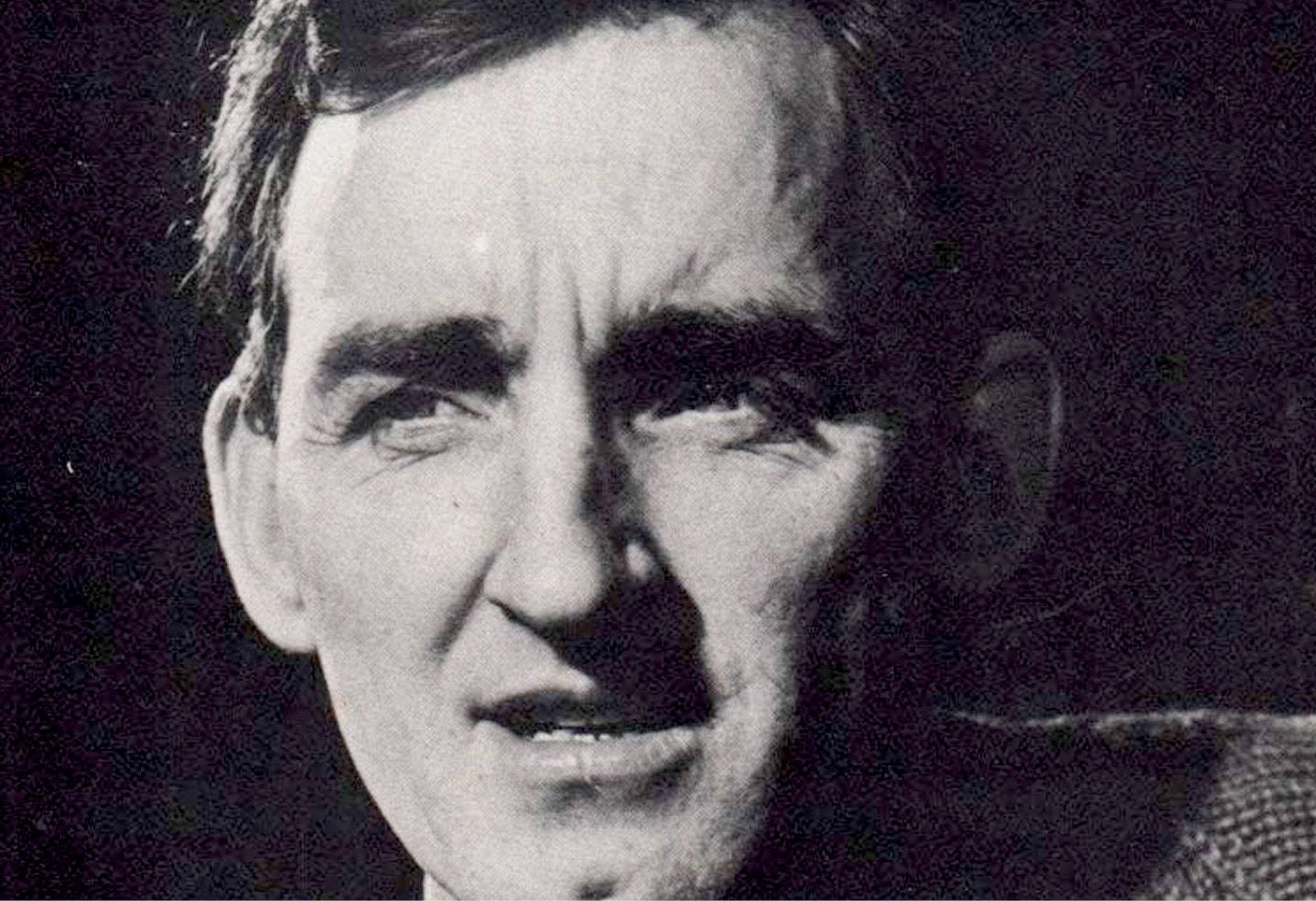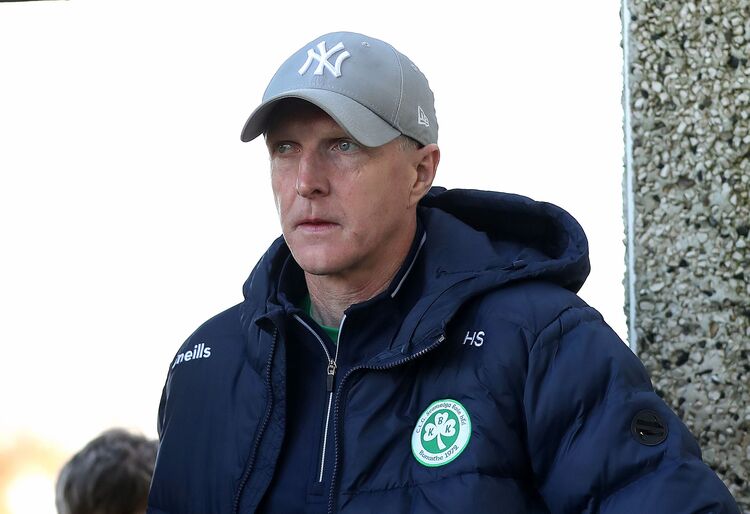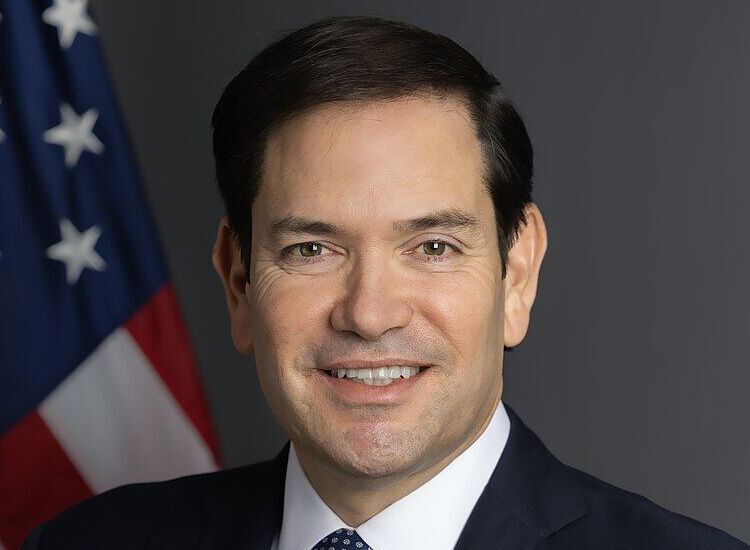“There’s only room for one genius in this family!”
Brendan Behan is reputed to have remarked to Dominic, his younger brother.
While Dominic Behan may not be as well-known as Brendan, it would be hard to argue that he is not his equal in sheer creativity.
However, Brendan was correct when he stated, “No matter what you do, you’ll always be known as Brendan Behan’s brother.”
Dommo was so much more than that.
He wrote "The Patriot Game," perhaps the greatest protest song. Simple and to the point, it was sparked by the death of Fergal O’Hanlon during an attack on Brookeborough RUC barracks on January 1, 1957.
There was nothing simple about Dominic Behan.
He was raised Republican and at an early age joined Na Fianna Éireann, a radical boy-scouts group.
While all the Behans were of a socialist bent, Dominic veered even further left and was much involved in trade union politics.
Both he and Brendan left school in their early teens and followed their father Stephen into the sign-painting trade.
We get an early character portrayal of the brothers when a foreman complained to Stephen, “They are the greatest bastards I’ve ever come across.
One wants the men to strike for an incentive bonus so that the other one can bring them down the pub to drink it.”
After a prison stay for his radical activities, Dominic quit Ireland for the green fields of the UK.
In Glasgow he fell in with the poet, Hugh MacDiarmid, and in short order fell in love with and married Josephine Quinn, his equal in radicalism.
In London he came under the influence of Ewan McColl, and like Luke Kelly was greatly influenced by the writer of "Dirty Old Town" and "First Time Ever I Saw Your Face."
McColl introduced him to the BBC where Dominic turned out scripts for short radio plays.
"Posterity Be Damned," his first play for theatre, was a hit - to his famous brother’s chagrin - but though Dominic too was a drinker, neither booze nor illness affected his productivity.
He wrote over 400 songs, many of which are standards: "Come Out Ye Black and Tans," "Dicey Reilly," "McAlpine’s Fusiliers," "The Merry Ploughboy," "The Sea Around Us," "Take It Down From The Mast" being just a few of them.
The list goes on. Even just considering those six songs, you can see his range was wide: politics, partying, emigration, dislocation, and the inner life of working class heroes.
If Post World War Two Working Class Ireland is your passion, you don’t need to spend time and money at university, Dommo’s songs explore the subject in a granular and entertaining fashion.
He believed that a song is not a museum piece, it should be added to and amended so that it retains relevance.
One of my favorite verses of "Carrickfergus" is the one that begins: “They say of life, and it has been written, One chance you’re granted, that chance I lost.
The sands of time have long run out on me, Ah, but it's too late now to count the cost...” Yeah, you guessed it, Dommo wrote that verse, and helped to popularize the old song that he first heard actor Peter O’Toole sing.
But to me, it all comes back to "Patriot Game," written while still in his twenties.
It’s a once-in-a-lifetime indictment that captures all the years of striving for a united Ireland and measures the cost of that still elusive dream.
Behan was unusually protective of "Patriot Game." He disapproved of Liam Clancy’s magisterial interpretation, because of the Carrick-on-Suir man’s decision to leave out his criticism of the Garda Síochána and the scathing reference to the then divine Taoiseach: “They say de Valera is partly to blame...For shirking his part in the patriot game.”
But his main beef was with Bob Dylan who appropriated melody and content for his own masterpiece, "With God On Our Side."
When Dylan suggested that their lawyers could sort out the matter, Dommo replied that “I’ve got two lawyers hanging at the ends of my wrists who’ll do my talking for me.”
A friend of Jimi Hendrix and Eric Burdon, a huge influence on The Dubliners and Christy Moore, Dominic Behan could be quarrelsome and burned many bridges, especially when drinking.
Genius or not, he has left his fiery mark on Irish life and songwriting. --








